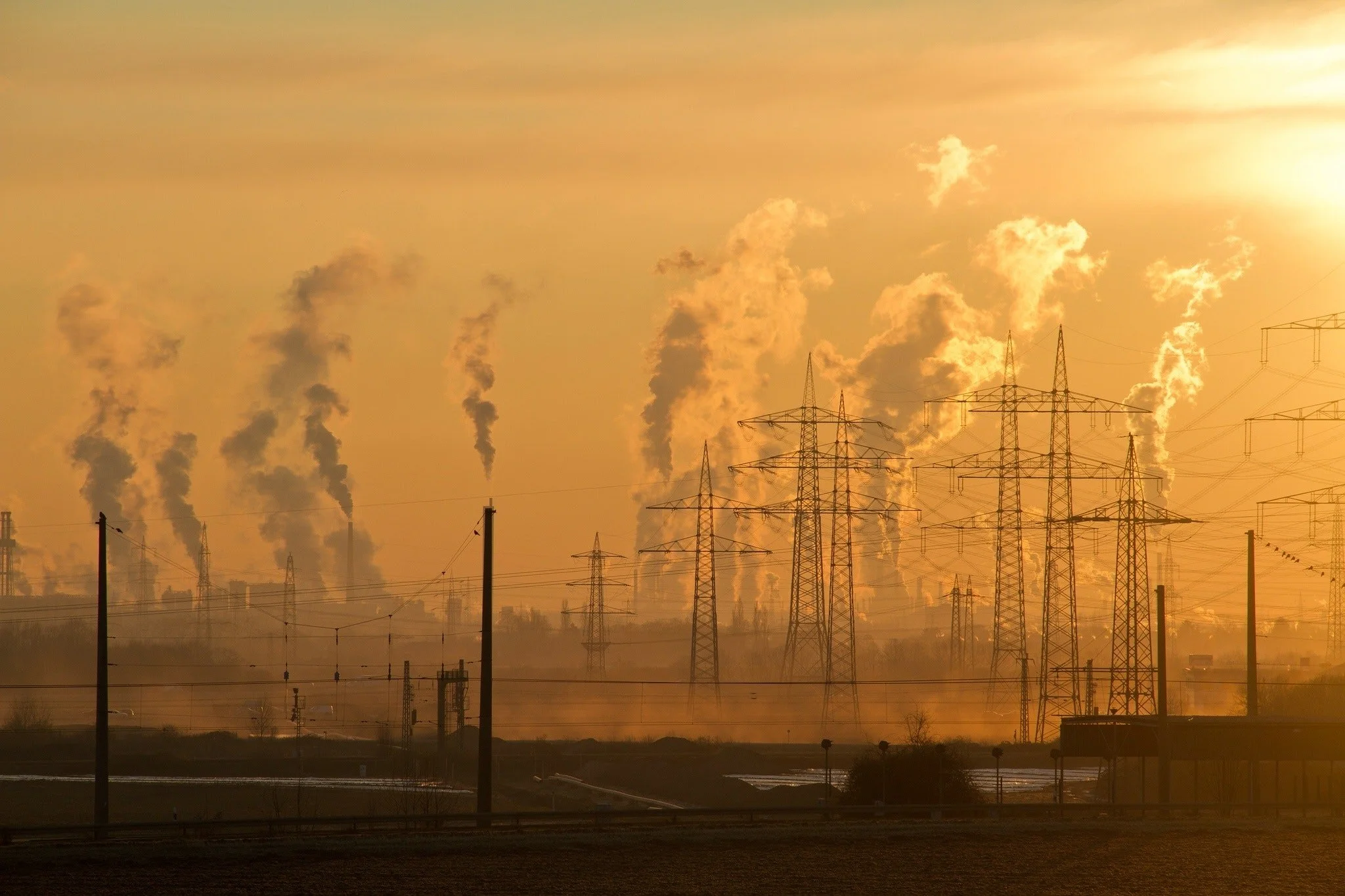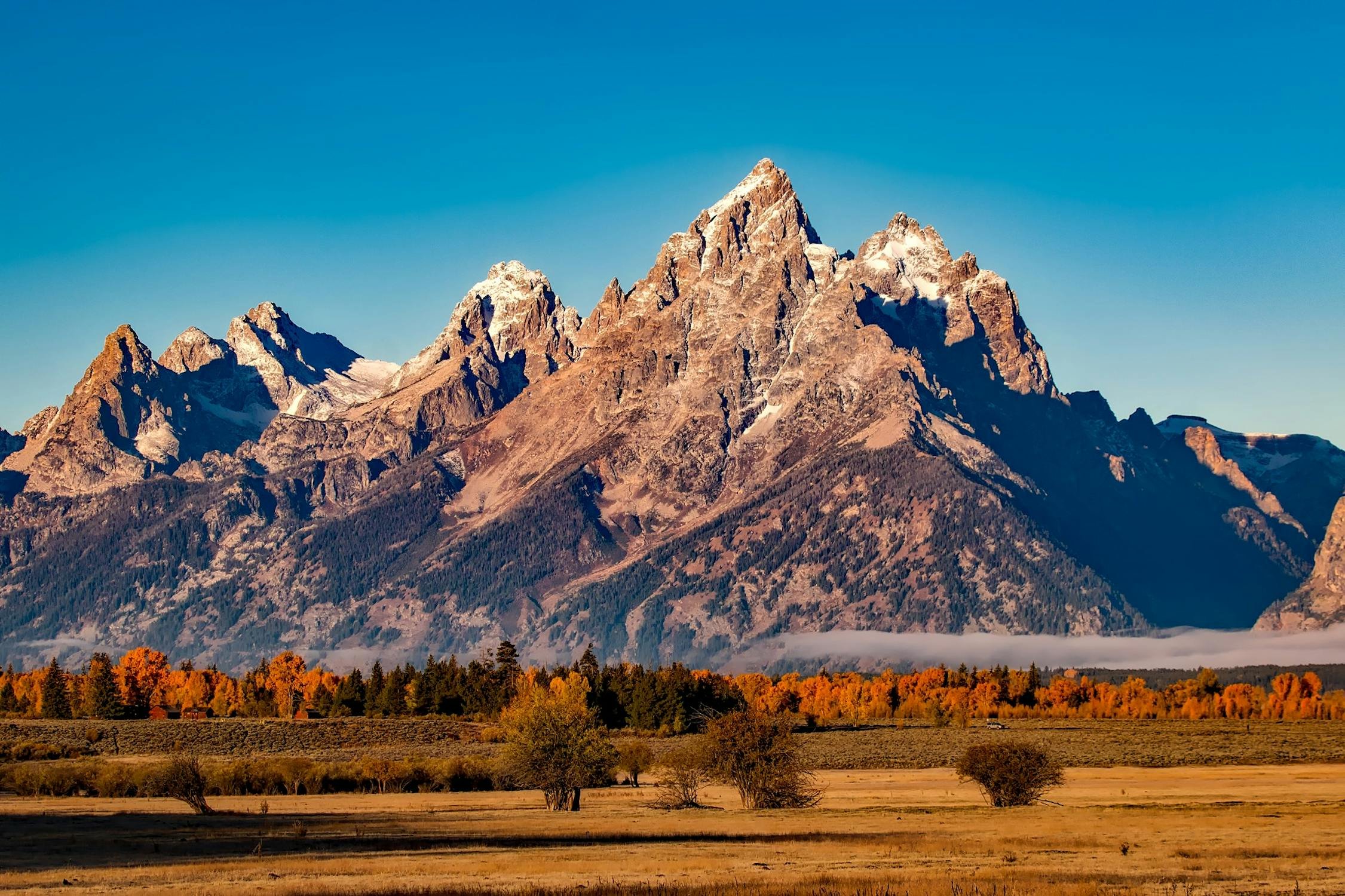Climate and Methane
OUR PRIORITIES
Advocate for stringent and enforceable safeguards, policies, and regulations at the state and federal levels to reduce methane emissions from the oil and gas sector and hold the industry responsible for pollution.
Advance innovative local approaches that bring together energy producers, residents, and local leaders to protect public health, improve air quality, fight climate change, and stop the waste of taxpayer resources.
FEDERAL METHANE RULEMAKINGs
Defending and expanding federal safeguards to reduce methane and other pollutants from the oil and gas sector has been a cornerstone of Western Leaders Network’s mission since our inception in 2017. When properly implemented and enforced, federal methane rules can provide sweeping protections for communities across the nation, hold oil and gas companies accountable for pollution, create jobs, protect publicly owned resources, and build climate resilience.
-
Throughout the U.S., there are approximately 3 million miles of natural gas pipelines. When they leak, they release methane and other health-hazardous pollutants into the atmosphere that threaten public health and safety, waste natural gas that could be captured and sent to market, and worsen the climate crisis.
The Department of Transportation's Pipeline and Hazardous Materials Safety Administration (PHMSA) finalized a rule in early 2025 to drastically improve federal oversight of natural gas pipelines. More than 160 elected officials from across the nation signed a letter in support of the rule.
Join our mail list if you haven’t already for news and engagement opportunities around the PHMSA rule, or contact jess@westernleaders.org.
Pipeline Safety Trust: A Guide to Understanding Pipeline Safety
-
In December 2023, the Environmental Protection Agency finalized new standards to help achieve national climate goals, advance environmental justice, protect public health, and prevent the waste of taxpayer revenue by reducing methane emissions and other pollutants from new and existing oil and gas operations.
Click here to learn more about the final rule, and click here to read our letter in support of these important standards.
-
In March 2024, the Interior Department released a Bureau of Land Management rule to reduce methane emissions from oil and gas operations on public lands, including provisions to control waste from routine venting and flaring. Oil and gas operators vented or flared approximately 150 billion cubic feet of methane in 2019 – or about $400 million of natural gas on federal and tribal lands – which is enough to meet the needs of 2.1 million households.
This rule is an important supplement to the EPA’s methane rule. Learn more about it here.
state methane rulemakings
Western Leaders Network engages with elected officials and partners across the Interior West on state-level efforts to reduce methane emissions, protect frontline communities, build sustainable local economies, advance state climate goals, and improve public transparency and accountability in the oil and gas leasing process. See below for information on state-level rulemakings and other efforts Western Leaders Network is engaged in and how you can get involved.
Colorado
-
In February 2025, the Colorado Air Quality Control Commission approved updates to Regulation 7: Control of Emissions from Oil and Gas Emissions Operations to limit pollution caused by natural gas-emitting pneumatic devices from oil and gas operations throughout the state. Read our media statement on the new rules here.
-
The Colorado Department of Public Health and Environment (CDPHE) is currently working on a new rule to reduce methane emissions from landfills, with a draft expected to be released in April 2025. Landfills are Colorado’s third-largest source of methane, a leading contributor to the climate crisis and 80 times more potent than carbon dioxide in the near-term. In addition to methane, landfills also emit other hazardous air pollutants and ozone precursors that degrade air quality and public health.
See CDPHE’s presentation on the landfill methane proposal.
Read a letter to CDPHE signed by local and state elected officials across Colorado calling for a strong landfill methane rule.
Send written comments to climatechange@state.co.us with “Landfill Methane Rule” in the subject line.
Contact jess@westernleaders.org for talking points and messaging guidance.
new mexico
-
In April 2022, the New Mexico Environmental Improvement Board (EIB) finalized nation-leading regulations to reduce pollution from oil and gas production and processing across the state, including rules to address equipment leaks that are among the industry’s leading contributors to methane pollution. The EIB rule built upon New Mexico Oil Conservation Division rules finalized in March 2021 to limit methane waste from the oil and gas sector by banning routine venting and flaring.
In late 2025, New Mexico is expected to begin the process to implement federal EPA methane safeguards.
wyoming
-
The Wyoming Department of Environmental Quality (WDEQ) is in the process of developing a state plan to reduce methane from the oil and gas sector. This process, known as a state implementation plan, or SIP, will implement federal EPA methane standards and ensure the state is regulating air pollution under the Clean Air Act by adopting a SIP that’s best for Wyoming communities.
Email jess@westernleaders.org to learn how you can engage in this process.
our impact
Read our media statements and letters on methane.
Read opinion editorials elected officials have written on methane.
METHANE RESOURCES
Rocky Mountain Institute - A low-cost energy future for western cooperatives
Environmental Defense Fund - How reducing methane emissions creates jobs
Datu Research - Job creation in the emerging methane leak detection and repair industry



